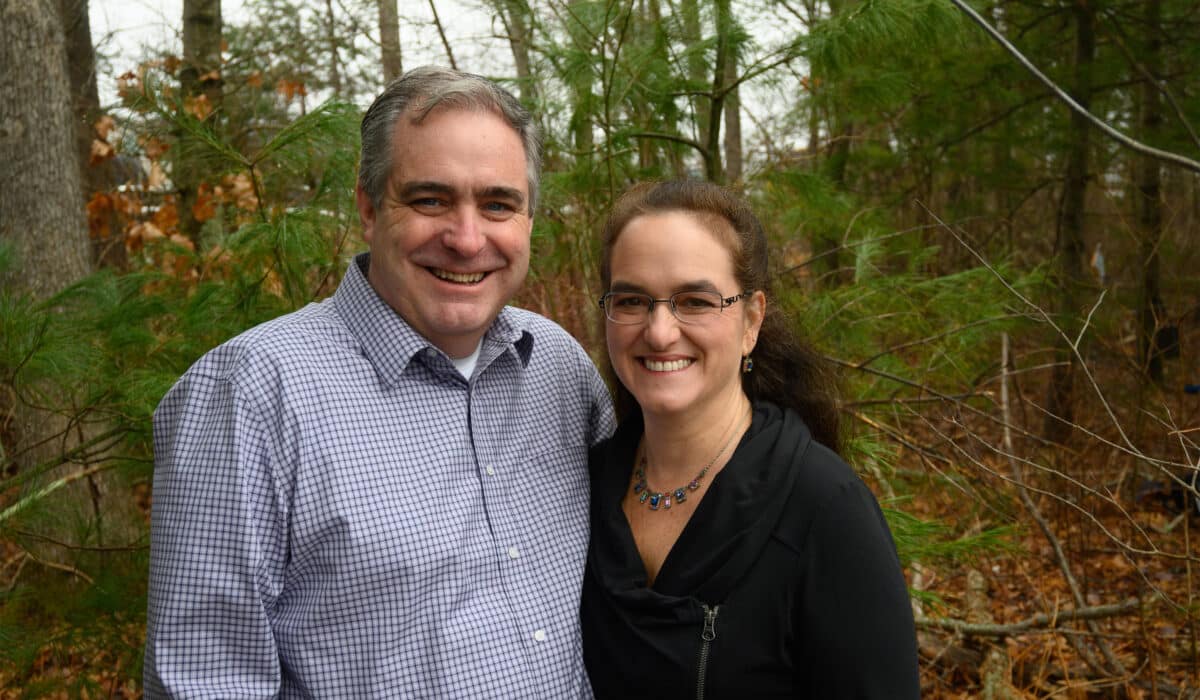In 5th grade, Matt Sly wrote a letter to his future self and handed it in to his teacher. Years later, while out on a run, he let his mind wander. He thought back to that letter but couldn’t recall what he had written.
That’s when the idea for FutureMe hit him. How hard would it be to build software to deliver letters to the future? Sly, a software engineer, explained what happened next in a LinkedIn post:
“So I registered the domain futureme.org, and over a few weekends, hacked out FutureMe v1 with Jay Patrikios. It was 5 php files on a shared $11/month server,” he wrote.
“Living in San Francisco, post dot-com boom and bust, we told a few friends, who told a few other…and in the intervening decades, through an admittedly mystifying mix of persistence, creativity and (most of all) luck, FutureMe grew into an enduring ‘indie’ Internet brand, with many millions of users writing and receiving letters, and sharing their experience.”
After Sly ran this side project for almost 20 years, Memories Group Ltd., a company that creates software focused on personal reflection, approached him about a purchase. Sly ended up selling to them in July 2021 for mid-7 figures.
A 2-decade growth trajectory for FutureMe
FutureMe’s growth over came in spurts over the years.
“Growing consumer apps can be fickle,” Sly told They Got Acquired. “FutureMe had around six huge viral moments over 20 years. It was so cheap to run that I was able to just let it ride until they happened.”
FutureMe first went viral when it was featured on the Yahoo homepage in 2004, and then on Associated Press in 2006. The platform later experienced social media-related spikes before experiencing a huge boost on TikTok during the first months of the pandemic.
FutureMe amassed millions of users per year from its three product lines – consumer payments, advertising and SaaS custom sites. Sly kept operating costs low at just $500 a month, he told Bootstrappers, and had no staffing costs other than a single part-time contractor.
“One of the biggest challenges was handling ‘bad actors’ – putting mechanisms in place to handle spam and abuse,” he said. “I also needed to be patient and let FutureMe grow on its own terms. The nature of the use case meant letters were written, but it wasn’t until they were received at a later date that the users had that ‘wow’ moment.”
Decision time: to sell or not to sell?
After a bootstrapping experience spanning two decades, Sly was open to selling. He said he considered continuing to run FutureMe bootstrapped with a few extra employees, and toyed with taking VC investment after receiving attractive offers.
But after Memories Group Ltd approached Sly about FutureMe, he agreed to sell.
“I’ve been in this game since 1999 and knew that valuations in the software market were at historically high levels, so financially speaking it was a good time to sell,” he said. “Twenty years is a long time so I felt ready for a new chapter – and FutureMe was ready for a new perspective, too.”
Sly wrote on LinkedIn that Memories Group Limited, led by CEO Tom Ainsworth, were building a suite of businesses focused on digital legacy. “They honed in on FutureMe as a potential cornerstone brand and spent months getting to know me and coming to appreciate what FutureMe is today and can become in the, um, future (always so meta!). During negotiations they embraced the values of authenticity, integrity and a lil’ bit of quirkiness that characterize how FutureMe is perceived by people around the world.”
Sly wished he had done one thing differently. As FutureMe was incorporated as an LLC, he had to pay a significant tax bill after the acquisition. In retrospect, he now wishes he had converted to a C-Corp as soon as it became clear that FutureMe would be successful so he could take advantage of QSBS, which helps some founders reduce taxes.
What’s next for Sly
Sly is now starting a small studio to build out projects similar to FutureMe – apps, he says, that toe the line between art and business. His first project is The Parent Bank, a simple online banking alternative to a piggy bank for kids.
He also mentioned a health challenge he has been facing amid his good business fortune.
“Just months after I sold FutureMe, I was diagnosed with cancer and am just now emerging from … months of difficult treatment (two surgeries and two months of chemo) with a good prognosis moving forward,” he wrote in an email to They Got Acquired.
“It’s been a hard time,” he said. “And at moments, I felt like the universe was giving me a karmic reality check: ‘OK, Matt – you may have had great fortune in selling a business and being set for life … but smack(!), now you’re going to get a heavy heaping of misfortune and have to face your mortality and that life you’re set for might not be as long as you hoped!’ ’’
He added: “It’s especially salient juxtaposing it all with the FutureMe story.”


